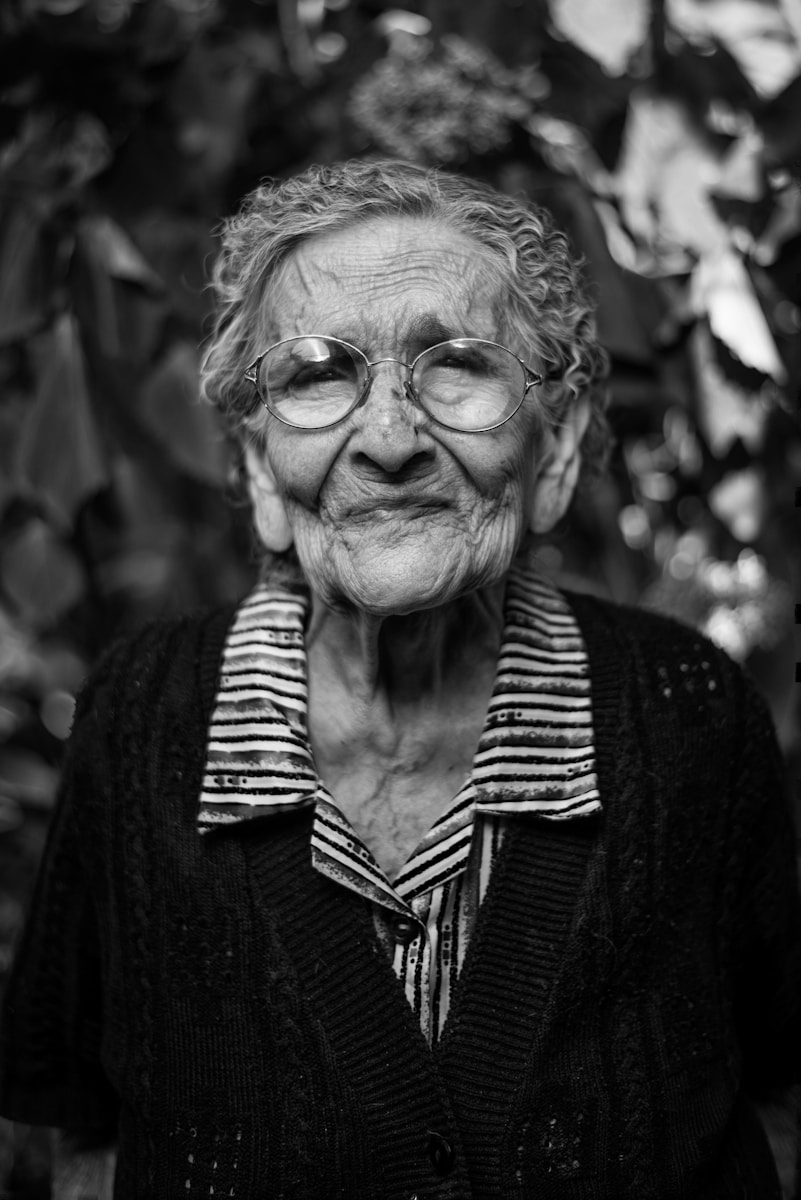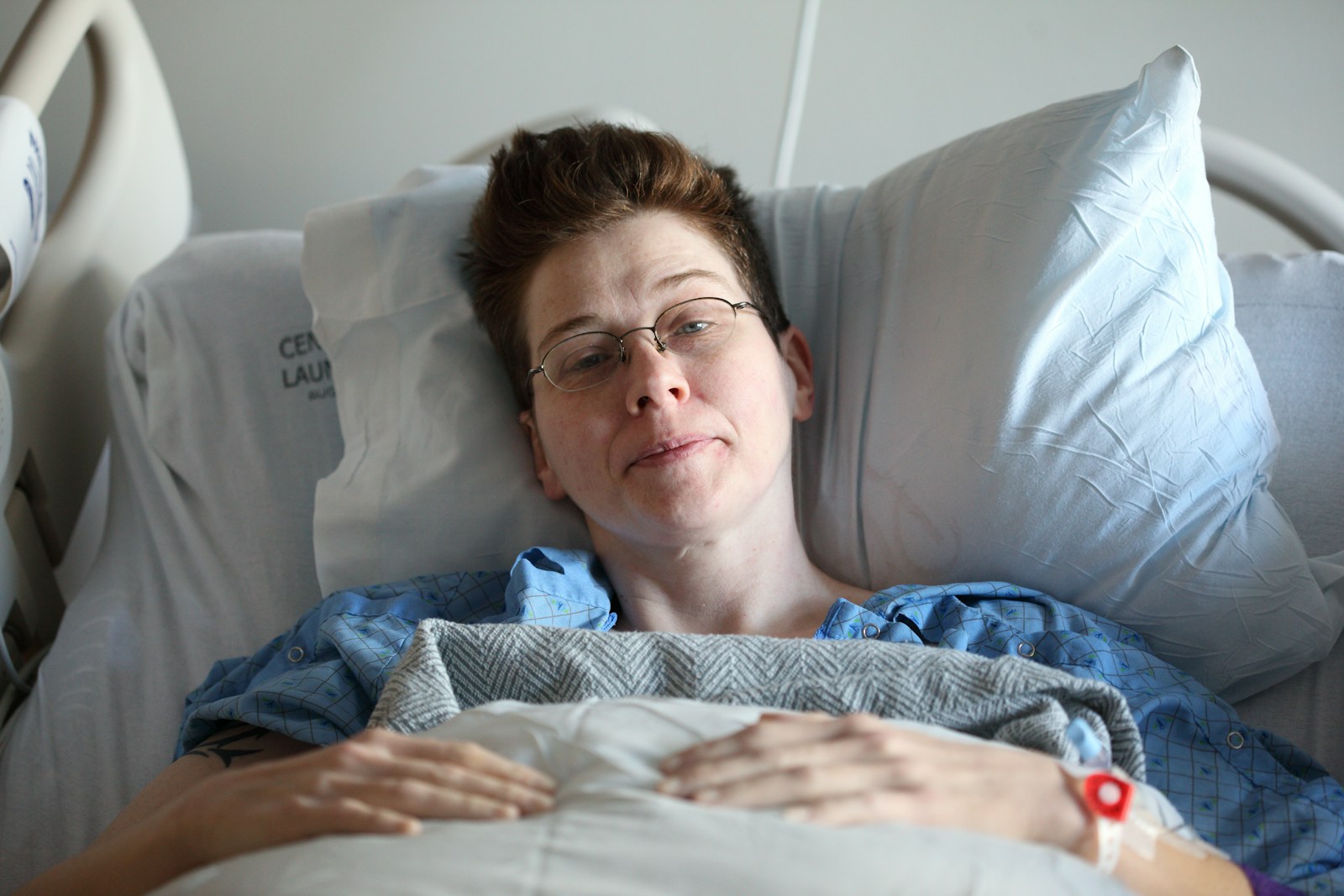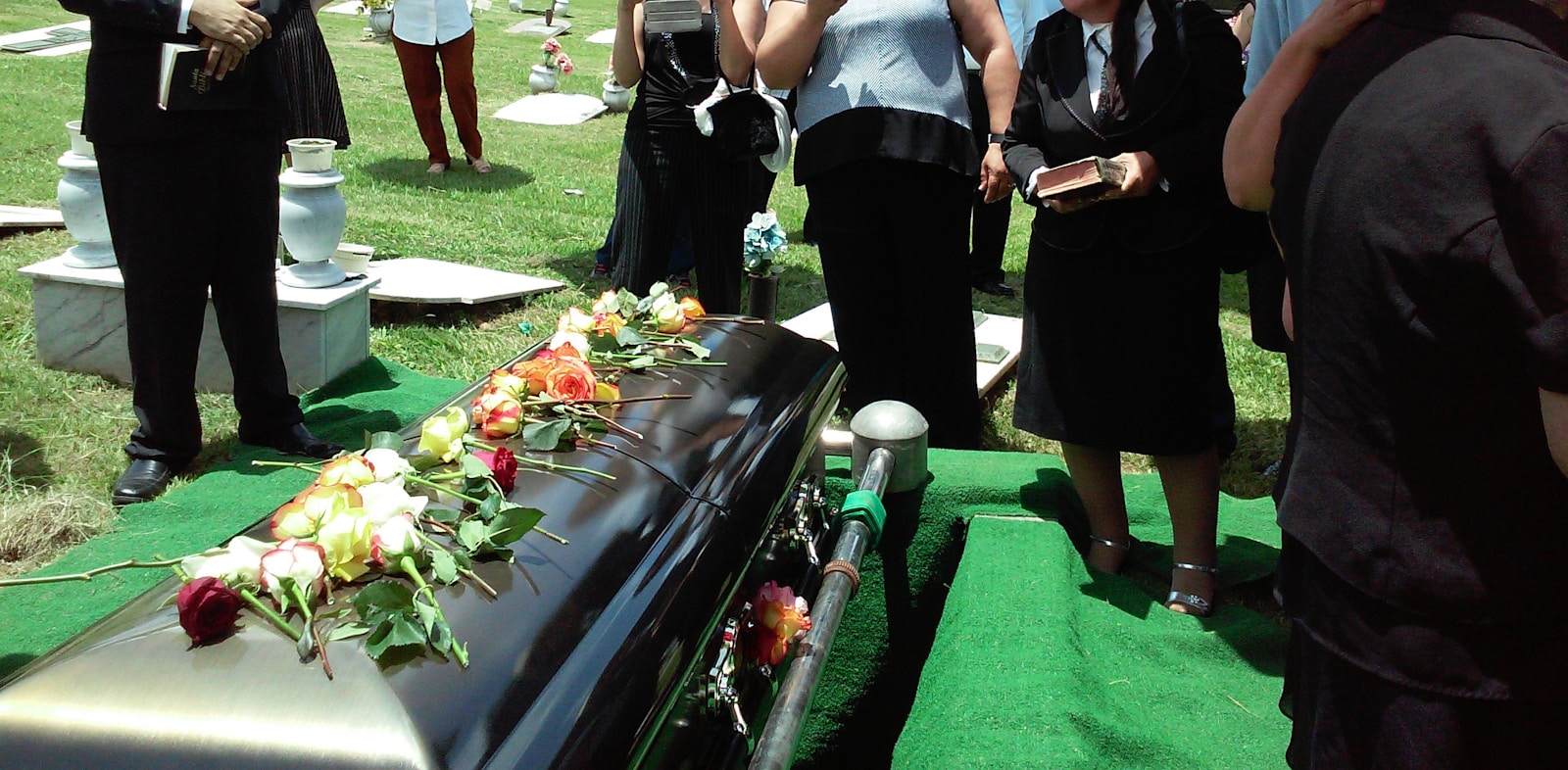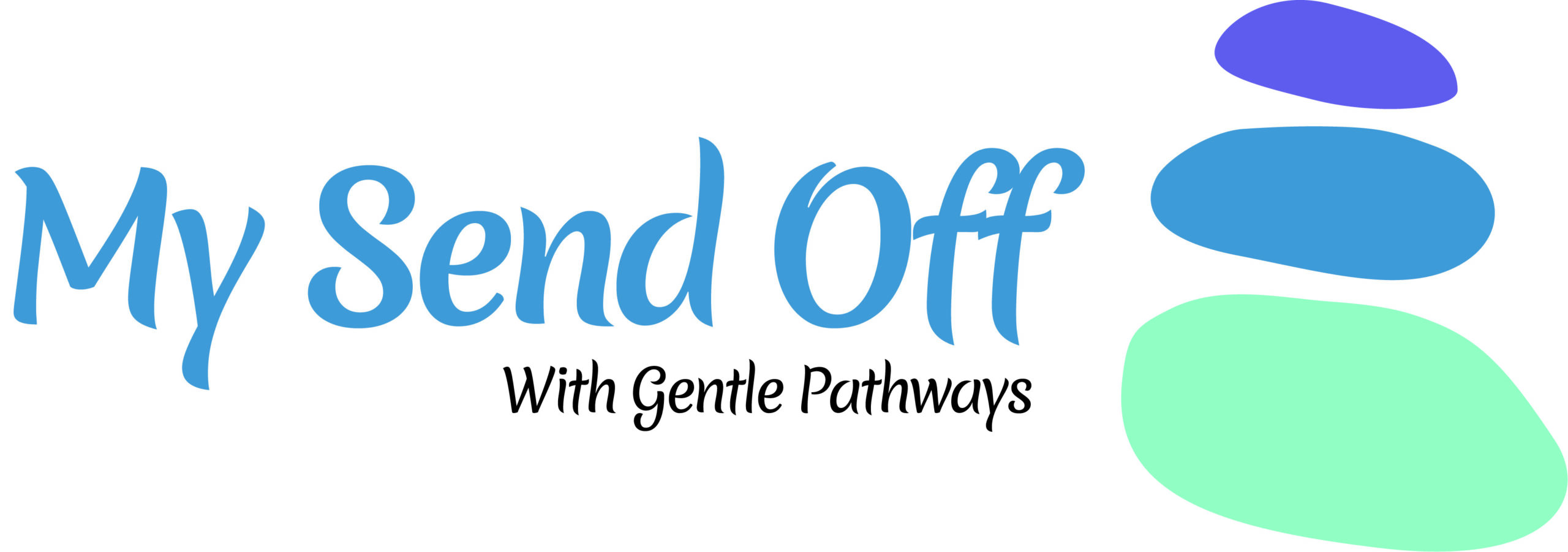
The decision to die in your home is, and always has been available as an option to you at the end of your life. Medicalisation of death has occurred historically with the increase in ability of doctors to cure and maintain life for people with disease or illnesses and following accidents. The medical profession cannot however prevent death. All of us have a limited life span and we all will die, sadly some of us will not live until we are very old. When treating symptoms for various health conditions it is possible to sustain life for many years although often quality of life is not improved and people are now living longer than they would have if ageing processes were allowed to take their natural course. The choice is always yours to make in regard to your end of life, and being prepared, planning and talking to your family is the first step.
As modern families are often spread further apart and are busy raising families and working hard to pay for homes and lifestyles, it is less common to live with, or near older relatives. Families are no longer large or available to care for their sick. The job of looking after ageing or unwell relatives falls to hospitals, aged care and other facilities and organisations. A large percentage of Australians die in clinical settings despite their wish to die in their own home. Sadly the dying process, which is natural and something we cannot prevent, has been taken from us and given to strangers to manage. At the moment of death a funeral company is called to “take the body away”, as if the person who was there living a moment ago is now a thing to be disposed of. Instead of allowing the family to sit with their person, take time to process the loss, permit family to begin grieving and quietly say their goodbyes, the body is whisked away, often never to be seen again. The shock and flurry of activity around the removal of your loved one can cause enormous trauma and create an ongoing inability to properly accept the death that has occurred. Taking natural death away from families prevents their natural ability to begin their bereavement process and can lead to increased emotional stress at a time the family needs to work together. The sudden arrival of a funeral planner and the implied need for quick decisions means families are then forced into making emotional decisions not always in the best interests for all concerned including financial implications of choosing a casket or funeral service “they deserve”.
Dying at home in your own bed with those around you in a relaxed, gentle, loving environment, supports in place, pain and symptoms managed, a plan documented and spoken about often with family…. sounds wonderful doesn’t it?
You can do it!
Start now!
Make some decisions now about how you want to be cared for toward the end of your life. If you develop a life-limiting illness how do you want to spend your final days? Do you want treatments that may give you a little more time but make you feel sick, lose your appetite, spent all your time recovering and not being able to function? In the event of an accident or cardiac or respiratory arrest or stroke do you wish to have interventions that may or may not keep you alive? If your survival means you may not return to your previous functioning state do you still want to receive procedures and/or treatments offered? If your family are not sure what you would have wanted, will they do the right thing? Have you talked about possible medical events to your family and what you would want carried out if you cannot speak for yourself?

So many questions…!
An Advanced Care Directive is a document you can complete at any time, preferably now! It will give your family and medical practitioners information about what is important to you should you be in a position where you cannot communicate what treatment and interventions you want. If you are living with a terminal/ life-limiting illness you can make some decisions now and nominate a Medical Decision Maker to carry out your wishes if you are not able. This pre-planning can give you back peace of mind to go on living your life without the worry for others who may not be sure about what you want.
It’s about communication….!

With support and planning the choice to die in your home is possible and allays the fear of a being in a clinical environment among strangers at the end of your life. Gathering your people, family and friends who want to help, engaging a Death/End of Life Doula, you can find yourself in a much better place to relax and spend your final days among people who really care for you in your own environment. Spend some time with a doula and tell them what your fears and concerns are so a plan for you can be created. A doula is your advocate and support, to help complete documentation, plan your funeral/memorial, inform you about what to expect and dispel your fears about your care. Your doula will support your family to care for you, attend vigil and be present at the time of your death and afterwards.
After death…..
Helping your family or chosen people to wash, dress and prepare your body for your send off, the doula will support all needs following your death including ensuring everyone present is included at this most precious and important moment. Your body can remain in your home for many days following your death, there has never been a rush to send people away to the morgue. Doulas have access to cooling pads for preservation of the body for several days if desired so you can remain at home and loved ones can say their goodbyes. It is a sacred time of stillness and togetherness where stories are told, memories shared and farewells said. In Irish wakes families and friends gather to spend time with the person who died to celebrate and give their respects, there is singing and dancing amongst the sadness. Children are always included and encouraged to witness this normal part of life and so are able to understand the person has died and have the opportunity to say goodbye. Rituals at the time of death are an important part of most cultures, from performing rites and prayer to boiling the kettle for tea. Slowing down the rush will enable all present to witness and pay respect to the person who has died.
Send offs…..

Many people are now wanting to plan their own send off. Themes including football and colourful celebrations help those left behind honour their person as the individual they were. Options of burial/cremation vessels are now available and are often an environmentally friendly version of previously harmful objects that remain affecting the soil or environment for many years. People may wish to have their ashes scattered somewhere special or to be shot into the sky in fireworks! The choices are remarkable and are becoming more available and commonly utilised by people preparing their own special send off!
Of course a funeral arranged by a professional company is a great way for families to have much of the details and worries done by someone else at an emotional and difficult time. Aspects of a funeral that people often never think about are carried out by a funeral director which enables families to take a step back as they deal with their loss and grief. The costs incurred for professionally run funerals can be expensive and often add to emotional and financial stress for the remaining family.
